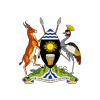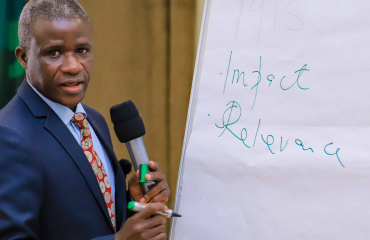
The concept of doing business was founded on the principle that economic activity benefits from clear and coherent rules set out to facilitate the resolution of disputes and provide contractual partners with protections against arbitrariness and abuse.
Such rules are much more effective in promoting growth and development when there is efficient, transparent and accessibility to those for whom they are intended.
The strength and inclusivity of the rules also have a crucial bearing on how societies distribute the benefits and finance the cost of development strategies and policies.
The World Bank releases a report on the ease of doing Business on an annual basis which measures aspects of business regulation affecting small and medium-size domestic firms in an economy defined and based on standardized case scenarios which covers over 11 areas of business regulation.
Ten of these areas are starting a business, dealing with construction permits, getting electricity, registering property, getting credit, protecting minority investors, paying taxes, trading across borders, enforcing contracts and resolving insolvency which are included in the ease of doing business score and ease of doing business ranking.
Uganda has been having a fluctuating position when it comes to this report compared to our neighbors who have been performing relatively better.
On 30th April 2019, Ministry of Finance, Planning and Economic Development (MoFPED) hosted a Business Environment Meeting where officials from relevant government agencies like Uganda Registration Services Bureau (URSB), Kampala Capital City Authority (KCCA), National Social Security Fund (NSSF), Uganda Revenue Authority (URA) and Electricity Regulatory Authority (ERA) were invited to give an update on reforms of the business environment in Uganda.
I was amazed to learn that ERA has made electricity regulation reforms to have a sustainable electricity supply in the business sector which include reliability of supply performance targets, the energy rebate, connection targets, quality of service regulations (in process).
URA has made tremendous changes aimed at easing the process of doing business in Uganda and some of these reforms include Regional Electronic Cargo Tracking System (RECTS) which has seen the average Transit time for e-monitored done in 1.56 days national, 4.8 days regional against the non-monitored 5.4days, operationalizing the One Stop Border Posts (OSBPs), The Authorized Economic Operator Scheme, the centralized Document Processing Centre (DPC), and reforms in Clearing Agents Licensing.
The above reforms have helped URA improve its performance for example in Financial Year (FY) 2017/18 (July to March) they collected 4.568 Trillion and this financial year for the same period they have collected 5.136 Trillion registering a 12% revenue collection growth.
As well, URSB too has made changes which include creation of a doing business committee, introduction of Tax payer Register Expansion Program, reducing procedures undertaken to register a business, a one pager of memorandum & articles of association hence reducing on the costs individuals incur upon this procedure and the formation of a one stop shop to handle all URSB transactions.
NSSF, KCCA and Ministry of Lands also have reforms that will be captured and submitted upon request for the World Bank report of next year.
Therefore, considering the fact that most government agencies have heeded advise on the reduction of interfaces and processes one goes through to have a business up and set to run, this will reduce on corruption and delays investors have been going through.
Not forgetting that Government is in final stages of the completion of a business facilitation tower in Kololo going to be known as a “One Stop Center” where all these agencies will have offices to ease the process.
Upon submission of these reforms, Uganda will have an ease in doing business development thus having a better rating by the World Bank which will automatically result to a growing economy because of a smooth business operation platform.
Written by Laban Musinguzi a Communications Assistant at Government Citizen Interaction Centre (GCIC), Ministry of ICT and National Guidance.



